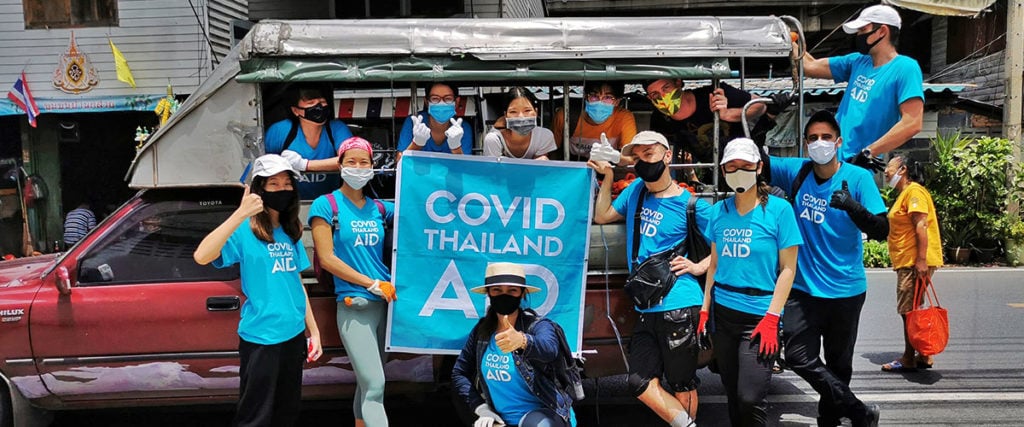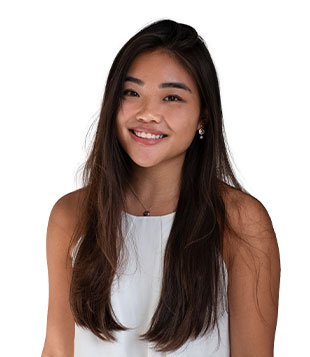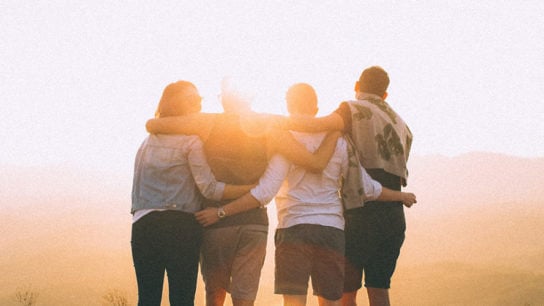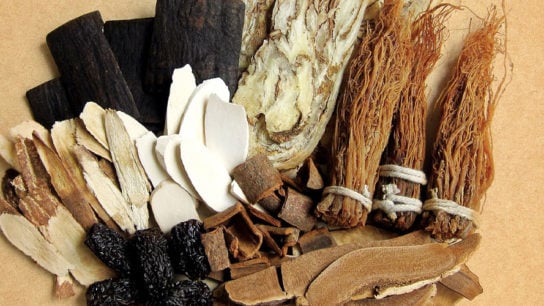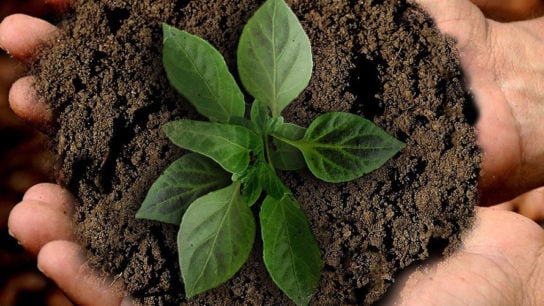An NGO set up in response to the pandemic, COVID-Thailand Aid is helping thousands in need by providing restaurant-quality hot meals, care packages, and front-line support.
Driven by those whose lives were shattered by restrictions brought on by the ongoing pandemic, Natalie Bin Narkprasert took it upon herself to reach out to and help vulnerable groups in need – starting with the elderly, then refugees, orphanages, and even animal shelters. What started off as a small volunteer group in March has since blossomed into COVID-Thailand Aid, a volunteer-based NGO that has helped over 86,000 people in Bangkok, with more than 17,000 hot meals packaged and delivered to the homeless to date. With a clear knack for sourcing goods to match community needs, the results so far have been nothing short of inspiring. Within her vast network of volunteers (490 and counting) are chefs from renowned Michelin star restaurants who choose to collaborate with the organisation by offering up their kitchens and contributing to food donation drives.
We speak to Natalie about her experience in starting the organisation without prior experience in the world of NGOs, and the impact COVID-19 has had on the vulnerable.
Tell me about COVID-Thailand Aid and what pushed you to start the initiative
During COVID, I was really worried about my 94-year-old grandmother. I felt frustrated and helpless and wanted to create something for people who were feeling the same way as me. Once I put my thoughts out online, people were eager to join and help – either financially or by way of volunteering their time. In the beginning, we started off by donating masks to hospitals and checkpoints due to supply shortages, but once the government stepped in to help with that, the initiative diverted into catering towards the needs of the elderly and people who were in need. We realised that the individuals who actually needed help the most weren’t getting sufficient government support, so we created a ‘helpline’ on Facebook where people could make posts asking for help. We tried to be as adaptive as possible because this pandemic is something we’ve never experienced before. In terms of the success of the organisation so far, we have a network of 490 volunteers and raised 3 million Baht (USD 96,870).
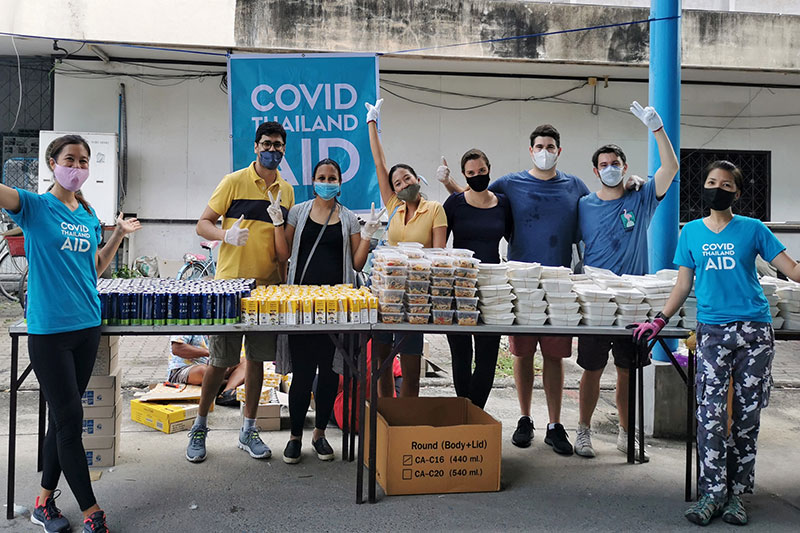
How did you come to build such a large network despite having no previous experience in the F&B or medical industry?
I come from the hospitality industry and knew there was a big surplus in resources. I just wanted to connect the excess resources to those who needed it. In the beginning, people would come to us offering extra goods they had, and I would welcome everyone who reached out. When I started to get overwhelmed, I recruited people for help, and from there it was really just a collective effort. Our full-time core team were actually all from different industries – hotels, airlines, and even a University student who hasn’t even graduated yet. I would say the number one thing that helped me here was technology. With all the available free tools nowadays like LINE, Google Forms, Facebook, and Trello, a lot of tasks were able to be managed online. It was only after two months that we did our first-ever Zoom call. It was a surreal moment because it was the first time we got to really meet each other and connect faces to the voices we had been speaking to. I think we worked really well together because there was no ego, no seniority involved – we were all driven by the same motivation to help people in need and that’s all that mattered.
What have been the biggest challenges you’ve faced thus far?
I would say the biggest challenge was just trying to maximise resources as efficiently as possible. We didn’t have an existing network, so when it came to partnering with foundations or communities, we only had a basic idea of how it was done and didn’t know if there were faster ways to move things along. People would come in from different sectors wanting to help but didn’t understand that we weren’t a well-established NGO/foundation, so we couldn’t act at the same calibre they were expecting. It put a lot of stress on us and we all felt really overwhelmed towards the end, experiencing something called ‘helpers burnout’. There was just this enormous responsibility of being on it all the time. I felt like I needed to listen and respond to everyone, but began to recognise that this was actually slowing us down and taking my energy away from actually helping people. Another challenge was that, because of COVID, we had to be really aware of safety precautions, and keep ourselves updated with the rules that were changing all the time.
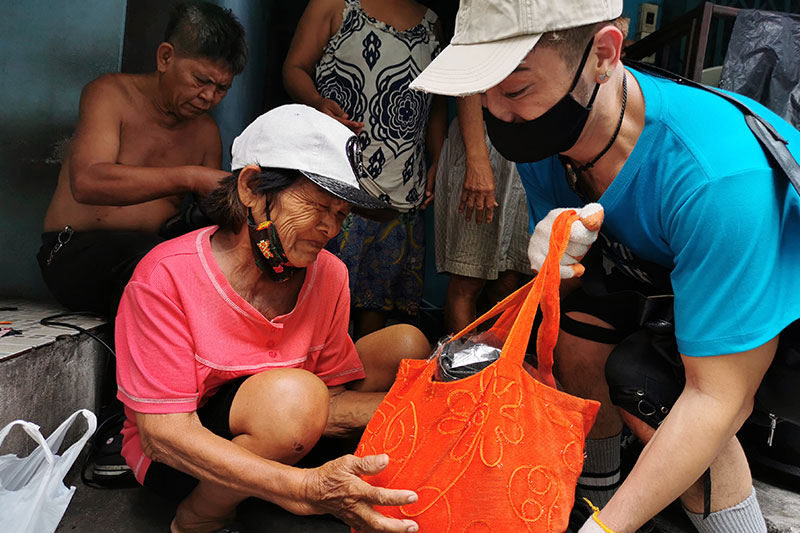
What are some of the main struggles you’ve witnessed during COVID-19?
I think the ones that struck most for me were people who had disabilities and/or are completely dependent on other people. Funding was so scarce from the government that I felt like the average person really had to step up and contribute in some way. People have had to dip into their savings, and scramble to afford to pay for food and necessities. Especially for the elderly with no income source or family, they’re struggling a lot and I wish there were more governmental support for them. I think citizens are generally quite frustrated now, and that’s exactly why we started the organisation – if we had to purely rely on the government to help people, it would be way too slow.
What will be the long-term impacts of COVID-19? Do you think life can resume back to normal once restrictions are lifted?
COVID-19 has definitely made changes to consumer behaviour. Until we have a vaccine, I think we won’t really feel comfortable being in public. For me, I definitely don’t trust people as easily and find myself keeping to my own personal space. Even if somebody had contracted the virus and recovered already, there’s always still a chance of getting it again. In terms of work, companies have to consider going remote and people who normally travel for business will have to consider making use of platforms like Zoom instead. Also, the increased use of plastics and environmental impact has been quite worrying. On the one hand, we want to be extra cautious by adding plastics on top of plastics, but we’re reversing the progress that we’ve tried so hard to make during pre-COVID times.
Has your work with COVID Thailand Aid given you more hope for humanity?
For sure, a lot of people come and tell me they don’t really have experience in NGOs so they don’t know how they can help. I always like to tell them this story: There was an 11-year-old boy who saw his mom volunteering for us. He decided to make his own alcohol gel and sell it to his classmates. He raised like 3000 Baht (USD 96) for us which, you know, is a lot for a kid. It’s so inspiring because it goes to show that you don’t have to be a certain age to help – it’s just about whether or not you have the drive. That’s all that matters. We’re really fortunate to have a lot of dedicated volunteers, for example carrying supplies and hiking to remote places where they lacked the technology to even reach out to us. Without everyone’s collective help, it would have been impossible to achieve what we have so far.

What advice would you give to someone who’s looking to launch a social impact initiative?
Just have the courage to do it! You know, in the beginning, when I first started, even some of my friends were naysayers who thought I was crazy. Remind yourself that what you’re doing actually counts for something, and you will find people who care about the same thing that you do. The hardest thing is taking that first step and putting yourself out there. For me, I’ve created an NGO from scratch without any experience, and it is possible as long as you have the right intentions and have a clear goal in mind.
What are your future plans for COVID Thailand Aid?
When we first started, my goal was to reach 30,000 people within a three-month operation. It’s been six months now, and we’ve doubled that reach and more. The more money we accept, the more work that continues, so we actually have enough money right now to continue on until the end of the year. I plan to finish this campaign in December. With my outsider perspective, I want to do something in the long term where I connect communities and foundations in a more transparent and centralised way.
Related Articles
Cookie Smiles: The HK Social Enterprise Serving Up Cookies With A Cause
OzHarvest: This Female CEO is Leading the Global Revolution Against Food Waste
Powerpants by Bham: Australian Social Enterprise Takes a Stand Against Gender Violence
